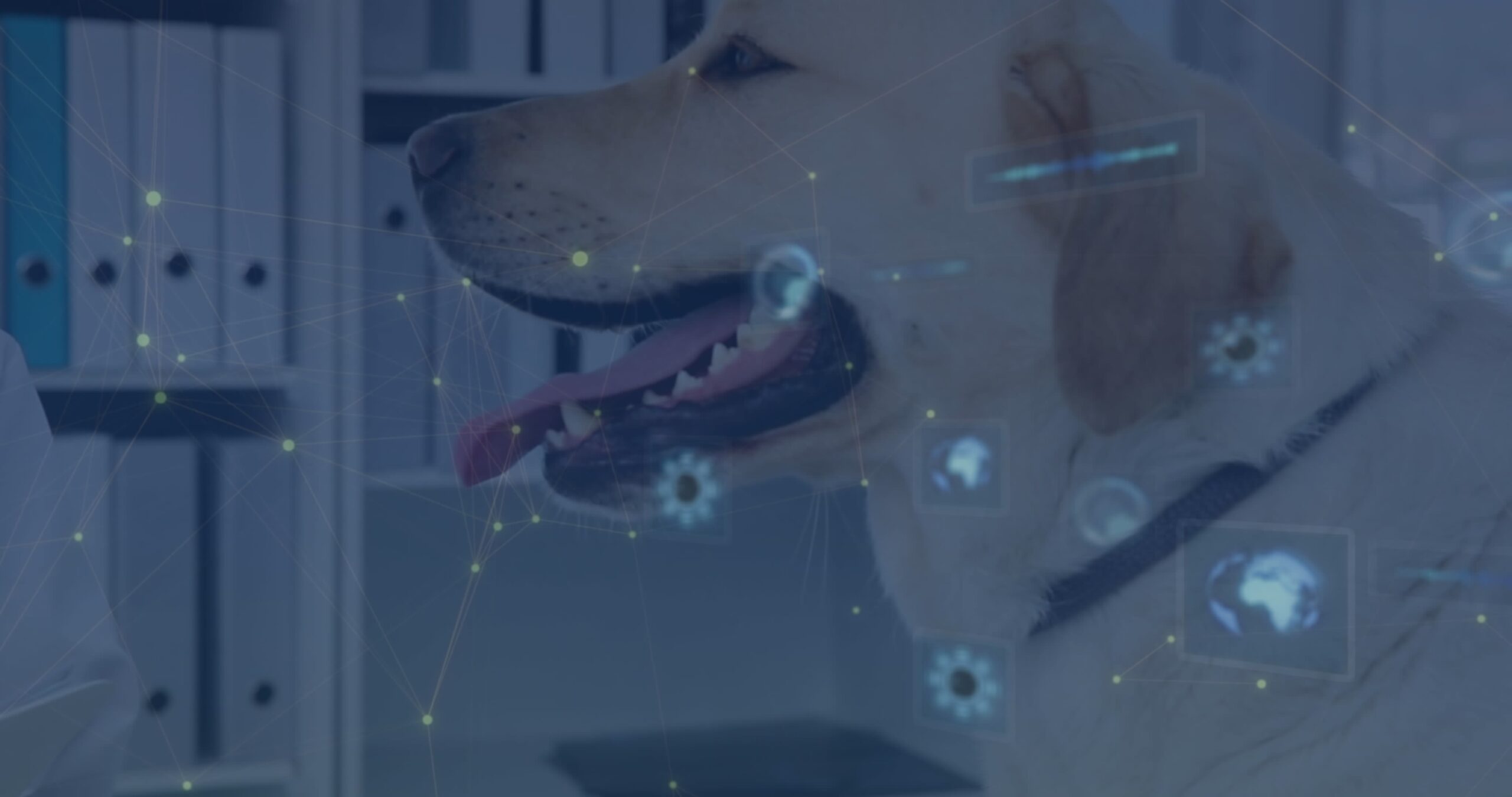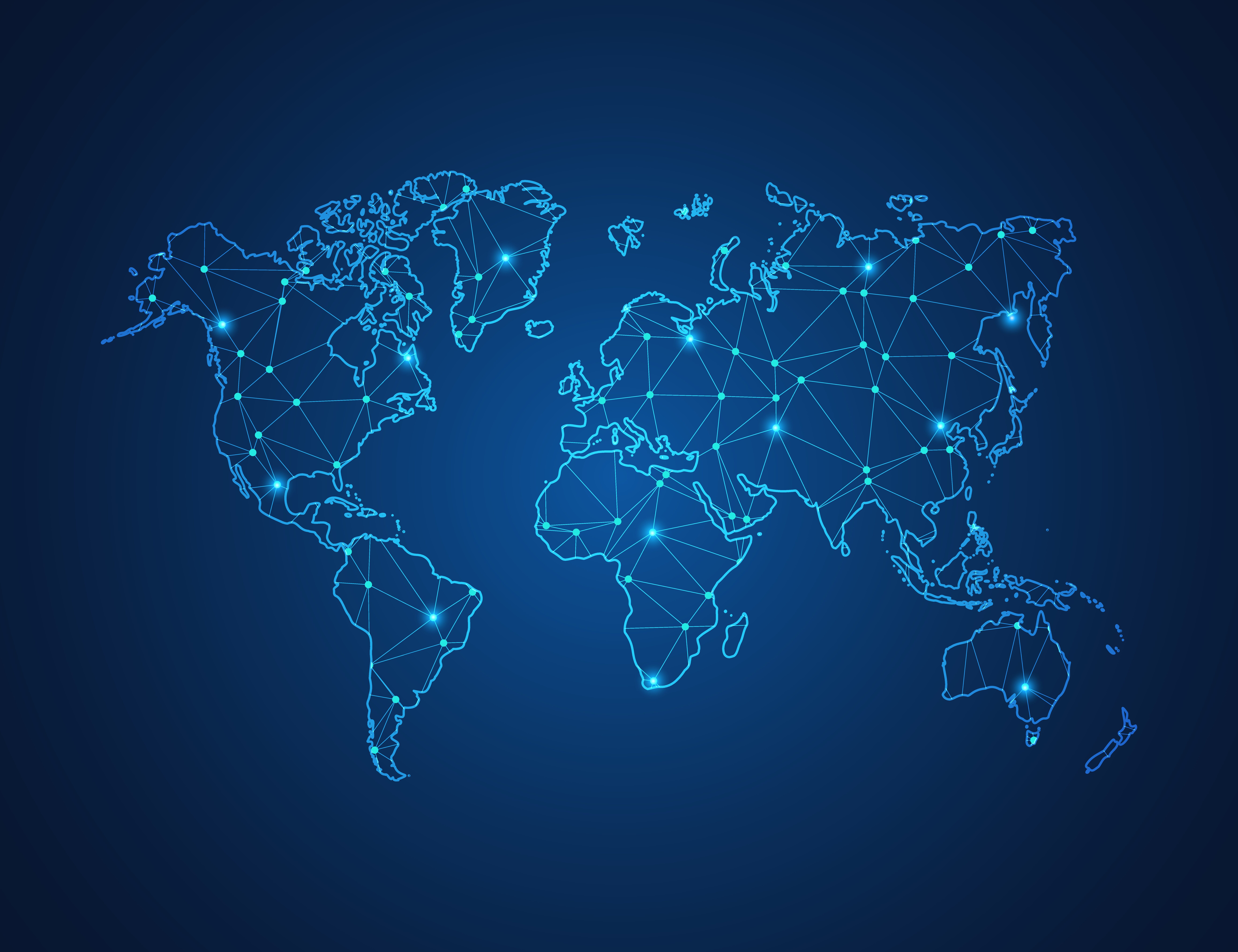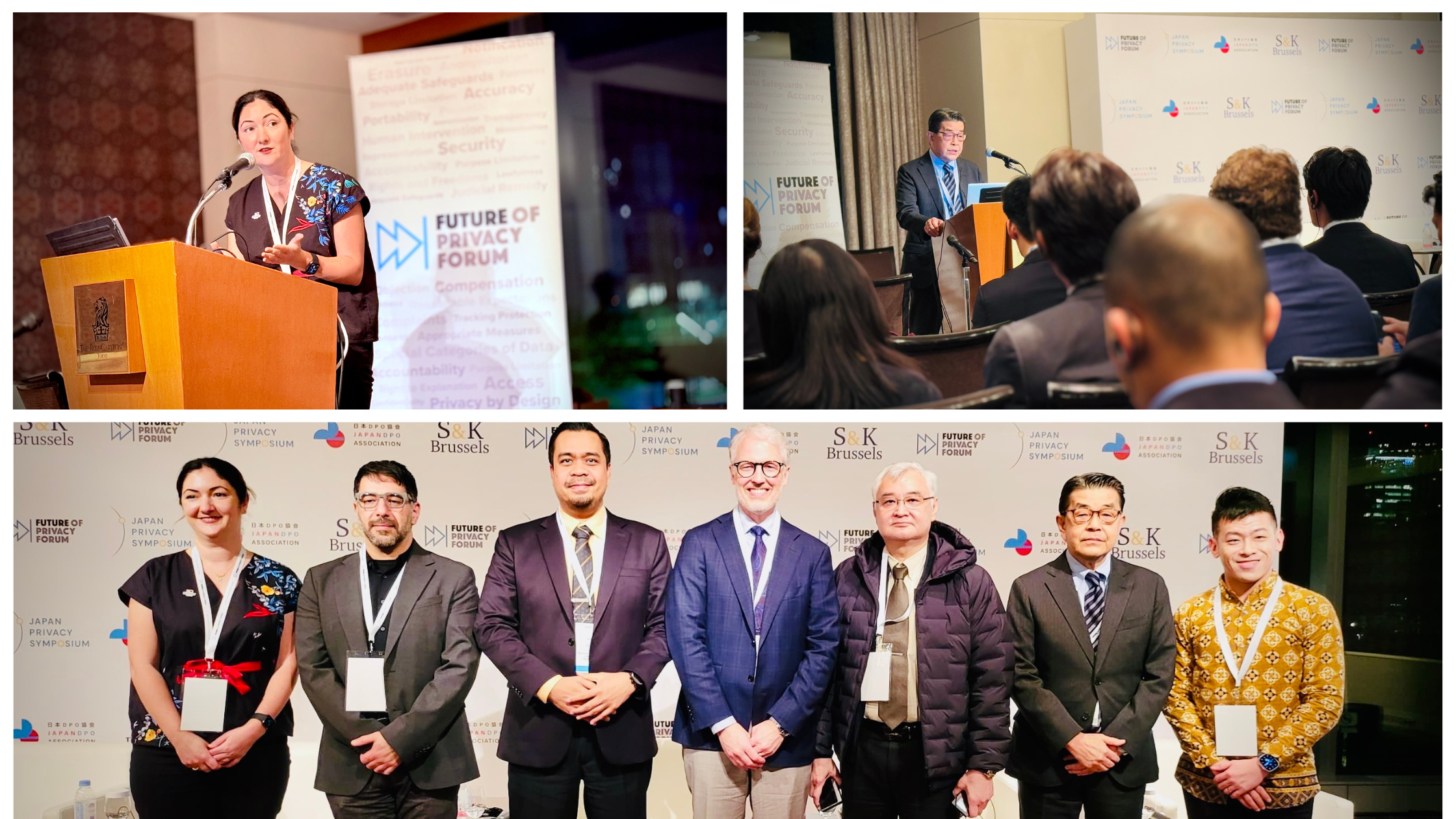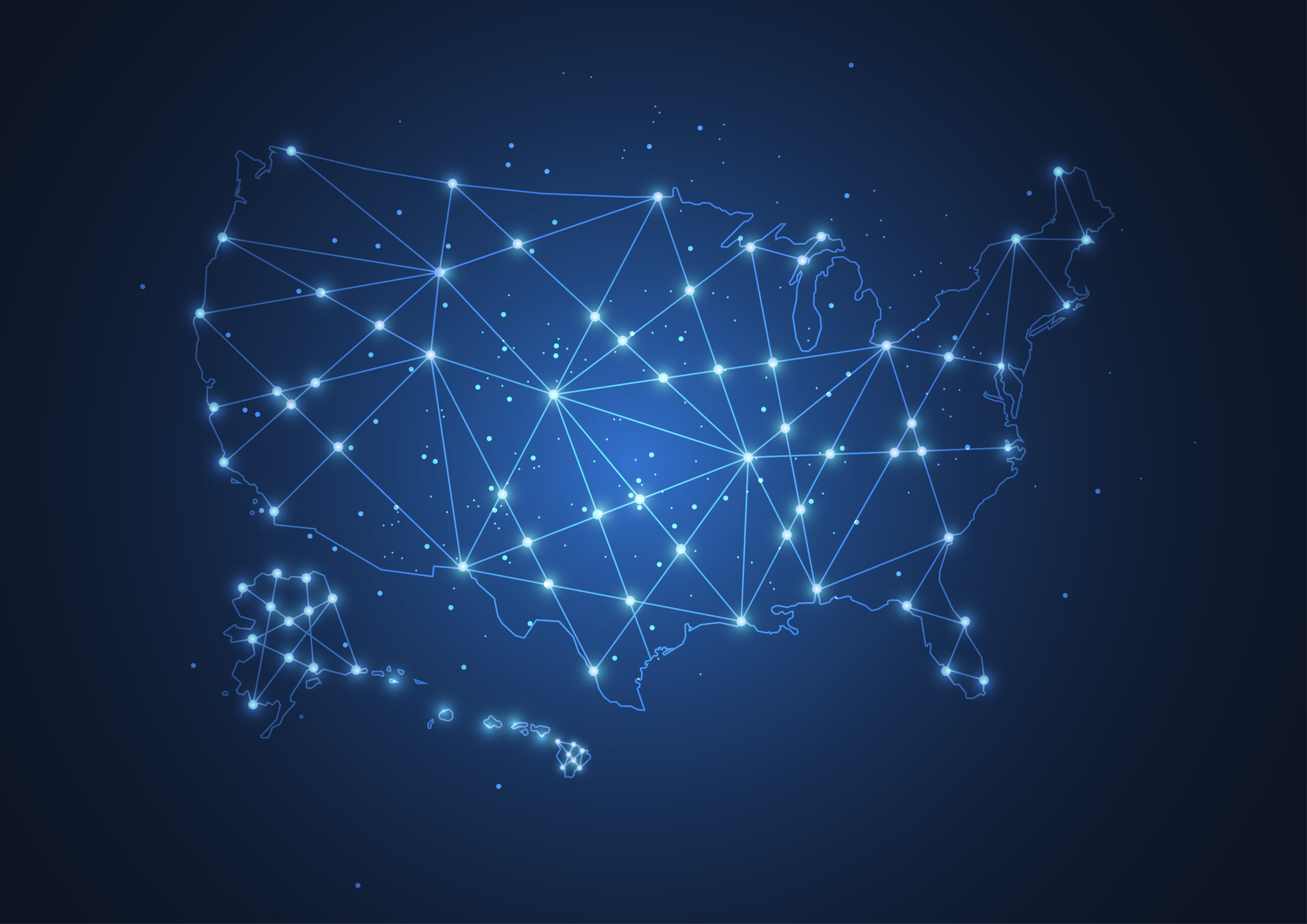Showing results for fire2020 xped free promo codes belgium

5 Ways to Be a Top Dog in Data Privacy
[…] annually on January 28 to mark the anniversary of Convention 108, the first binding international treaty to protect personal data. To raise awareness for the day and promote best practices for data privacy, we’ve partnered with Snap to create a Data Privacy Day Snapchat Lens that lets you choose what type of privacy pup […]

What to Expect in Global Privacy in 2025
[…] fragmentation of the cross-border data transfer landscape globally and in APAC into clusters of likeminded jurisdictions, ranging from those like Singapore and Japan that are working to promote trusted data flows (especially through initiatives like the Global CBPRs) to those like Indonesia, India, and Vietnam that have recently renewed their interest in adopting data […]

FPF’s Year in Review 2024
[…] Brief analyzing the regulatory strategies and priorities of data protection authorities (DPAs) in Latin America. We dissected “neurorights,” a set of proposed rights that specifically protect mental freedom and privacy, which have captured the interest of many governments, scholars, and advocates, which is very apparent in Latin America. FPF looked into several countries that […]

OAIC’s Dual AI Guidelines Set New Standards for Privacy Protection in Australia
[…] In the deployment and use phase, organizations must exercise strict caution when inputting personal information into AI systems, particularly systems that are provided to the public for free, such as AI chatbots. They emphasize the need to comply with APP 6 for any secondary use of personal information, minimizing data input, and maintaining transparency […]

Insights from the Second Japan Privacy Symposium: Global Data Protection Authorities Discuss Their 2025 Priorities, from AI, to Cross-Regulatory Collaboration
[…] the PPC delivered the opening keynote. In his keynote, Commissioner Oshima shared about the PPC’s regulatory priorities for 2025. These included cross-border data transfers and the Data Free Flow with Trust initiative, as well as further collaboration with the G7 DPAs and bilaterally with various international regulators. Following the keynote, Gabriela Zanfir-Fortuna, Vice-President for […]

Five Big Questions (and Zero Predictions) for the U.S. State Privacy Landscape in 2025
In the enduring absence of a comprehensive national framework governing the collection, use, and transfer of personal data, state-level activity on privacy legislation has been on a consistent upward trend since the enactment of the California Consumer Privacy Act in 2018. With all 50 U.S. states scheduled to be in session in 2025, stakeholders are […]

In a Landmark Judgment, The Inter-American Court of Human Rights Recognized an Autonomous Right to Informational Self-Determination
[…] emphasized by the IACHR: 599. In any case, the Inter-American Court reiterates that the effectiveness of the right to informational self-determination requires States to provide adequate, swift, free, and effective mechanisms or procedures to process and address requests, either by the same authority managing the data or by another competent institution in matters of […]

The African Union’s Continental AI Strategy: Data Protection and Governance Laws Set to Play a Key Role in AI Regulation
[…] the continent. The Malabo Convention was designed to provide a holistic, continent-wide framework to harmonize African data protection policies and promote digital rights, including privacy and internet freedom. Although adopted in 2014, the Malabo Convention did not come into force until receiving its 15th national ratification in 2023. With only 15 ratifying nations of […]

U.S. Legislative Trends in AI-Generated Content: 2024 and Beyond
[…] Amendment, laws prohibiting the creation of deepfakes in certain circumstances—such as in the case of election-related content and digital replicas of deceased people—are a violation of constitutionally-protected free expression. For example, in early October a federal judge enjoined a recently-enacted California law that would prohibit knowingly and maliciously distributing communications with “materially deceptive” content […]

FPF Analysis of New Requirements for Generative AI Use by Healthcare Entities in Patient Communications
Co-Authored by Judy Wang, FPF Communications Intern On September 28, Governor Gavin Newsom signed California AB 3030, among a host of AI bills. CA AB 3030 amended the California Health & Safety Code and requires specified healthcare entities to disclose the use of generative artificial intelligence (AI) in provider-patient communications through visual or verbal disclaimers […]
